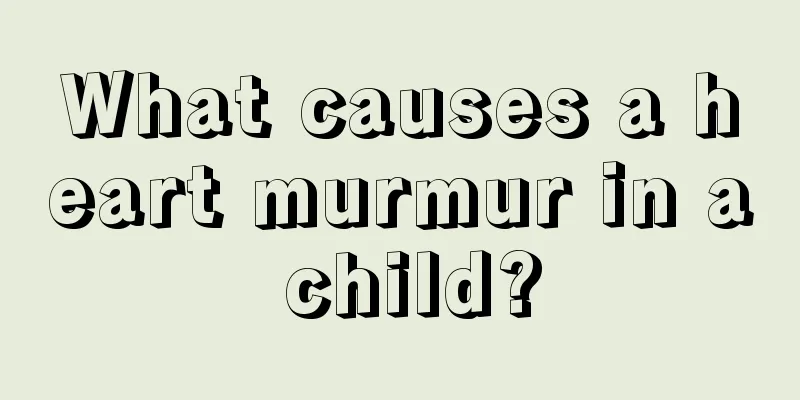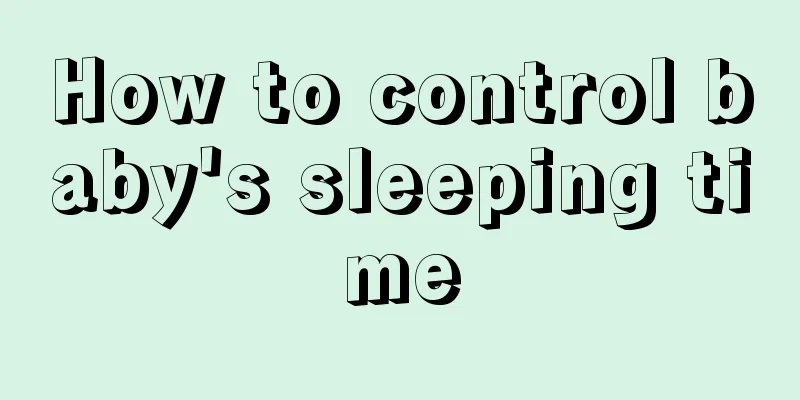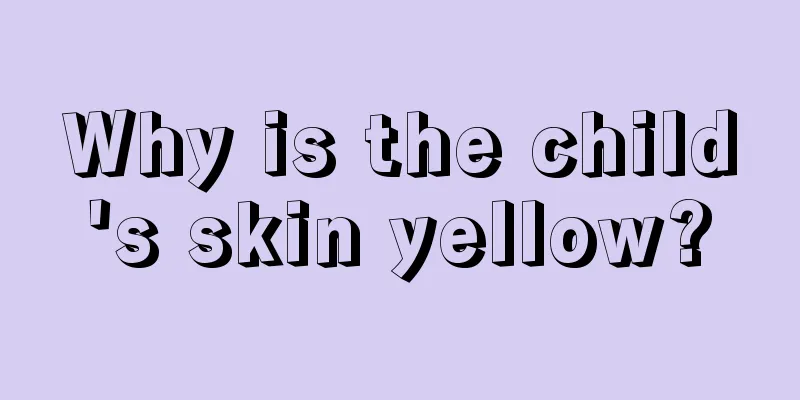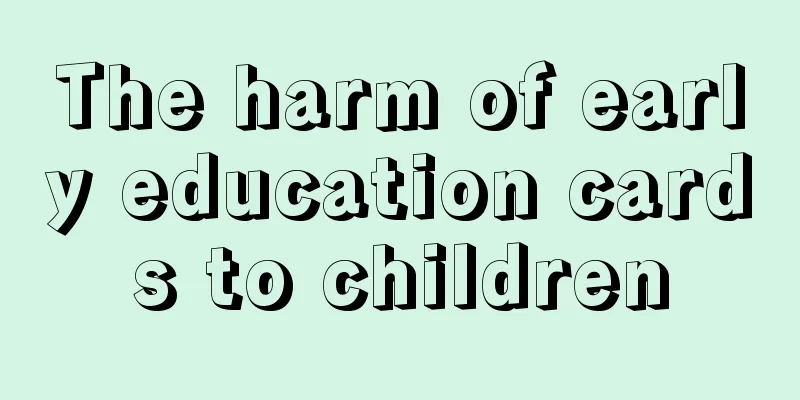When is the vaccination schedule for children?
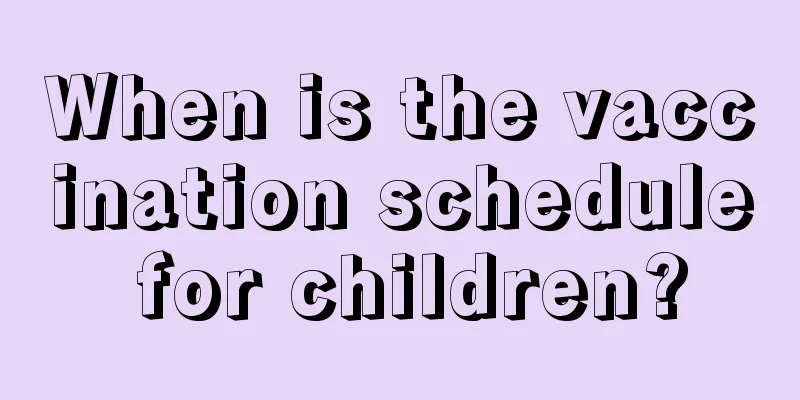
|
As the saying goes, it is better to be safe than sorry. Every year, vaccination is a very important matter not only for families but also for national hospitals. This is especially necessary for families with young children. Because children's bodies are not fully developed and their immunity is low, they have to go to the hospital every year to get various vaccines to prevent diseases and ensure their healthy growth. For the country, vaccinating the masses can reduce the number of people suffering from diseases each year and the burden on hospitals. In order to improve the baby's ability to resist infectious diseases and prevent the occurrence of infectious diseases, it is necessary to vaccinate the baby on time in a planned manner to protect the baby's healthy growth. Vaccination schedule Babies need to be vaccinated from birth to 12 years old. Vaccination is the technology of inoculating vaccine preparations into humans or animals to enable the recipient to gain immunity against a specific pathogen or a pathogen similar to the vaccine. Through the immune system's recognition of foreign substances, antibodies are screened and manufactured to produce antibodies against the pathogen or similar pathogens, thereby enabling the recipient to have a stronger resistance to the disease. There are many types of vaccinations, including hepatitis B vaccine, BCG vaccine, polio sugar pills, diphtheria, pertussis and tetanus vaccine, etc. According to the vaccination schedule, the specific vaccination times are: 1. Class I vaccines Within 24 hours of birth: Hepatitis B vaccine - first shot; BCG - initial shot; 1 month old: Hepatitis B vaccine - second dose; 2 months old: Polio sugar pills - first shot; 3 months old: polio sugar pills - second shot; diphtheria, pertussis and tetanus vaccine - first shot; 4 months old: polio sugar pills - the third shot; diphtheria, pertussis and tetanus vaccine - the second shot; 6 months old: DPT vaccine - third dose; Hepatitis B vaccine - third dose; Group A meningococcal vaccine - first dose; 8 months: Measles vaccine - first shot; 9 months: Group A meningococcal vaccine - second dose; 1 year old: Japanese encephalitis vaccine - initial vaccination; 1.5 to 2 years old: DTP vaccine - booster; polio sugar pill - partial booster; Japanese encephalitis vaccine - booster; hepatitis A vaccine; 3 years old: Group A meningococcal vaccine - the third dose (group A+C meningococcal vaccines can also be used) 4 years old: Polio vaccine – booster shot; 6 years old: measles vaccine - booster shot; diphtheria-pertussis vaccine - booster shot; Japanese encephalitis vaccine - third shot; Group A meningococcal vaccine - fourth shot; 12 years old: BCG booster shot. The period from birth to 18 months of age is the "intensive period" for vaccination. During this period, parents have to take their children to relevant units for vaccination once a month on average. Before the age of 6, children need to receive 24 vaccinations. 2. Category II vaccines Group A+C meningococcal vaccine: 1 injection at 3 years old, with booster injections at 6 and 9 years old. Acellular DPT vaccine: can replace whole-cell DPT vaccine, and the vaccination procedure is the same as that of whole-cell DPT vaccine. MMR vaccine: one injection at 1.5-2 years old, and a booster injection 4 years after basic immunization. Live attenuated hepatitis A vaccine or inactivated hepatitis A vaccine: The live attenuated hepatitis A vaccine is administered once at the age of 2 years, and a booster shot is given 4 years later. The inactivated vaccine is given as two doses at an interval of 6 months for children aged 1-16 years, and as one dose for children aged 16 years and above. Varicella vaccine: 1 dose for children aged 1-12 years. Haemophilus influenzae type B vaccine: one injection each at 2, 4, and 6 months of age; one injection is sufficient for children over 12 months of age. Influenza vaccine: 2 injections per year for children aged 1-3 years, with 1 month interval between injections. For children over 3 years old, vaccination should be given once a year. |
<<: Can children drink coffee?
>>: What are the symptoms of a child choking on his trachea while eating?
Recommend
What should I do if my child keeps having fever?
Because children have poorer disease resistance, ...
How many months does it take for a baby's legs to have support?
Newborn babies cannot stand up independently beca...
What are the symptoms of allergic dermatitis in children?
Because children have poor immunity, they are pro...
How to treat baby's fever
How to treat baby's fever? The editor believe...
How can we improve children's physique?
Since many of the children's immune abilities...
Baby conjunctivitis with fever
The baby's body resistance is relatively weak...
Kids' blocked nose remedies
We all understand the love that parents have for ...
What to do if your baby has mucus in his stool
Many experienced parents, when taking care of the...
How should parents communicate with their children appropriately when their children are disobedient?
If the child is disobedient, parents must pay att...
What is the height and weight of a two year and four month old baby?
Do you know how tall you were when you were just ...
What are the most common serious diseases among children?
Children are the hope of a nation, but once they ...
What’s wrong if my baby has very little bowel movement?
People are always full of joy when a baby is born...
What should children pay attention to when they have chickenpox
The main symptoms of chickenpox are body pain, fe...
What to do if a child has a low fever after a high fever
In life, many children will have high fever, and ...
The child shakes his head and has a headache. What's going on?
With the vigorous opening up of the country's...


